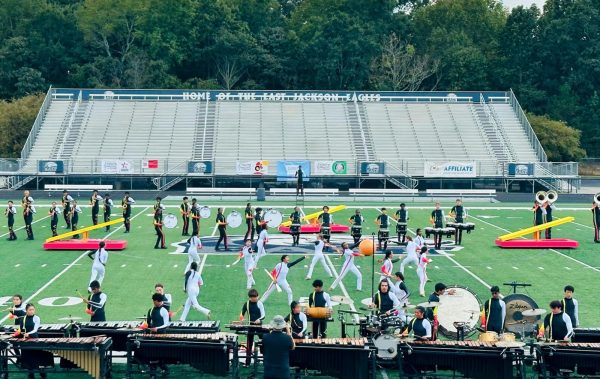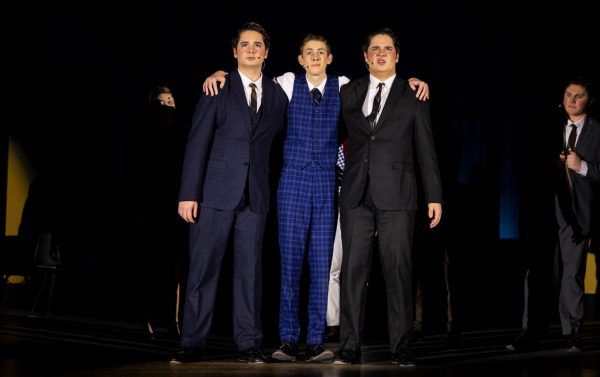Not A Typical Show
Atypical is a Netflix original show which debuted its third season on November 1st, 2019, about how being normal is overrated and how it features LGBTQ+ representation.
The series Atypical is about a teenager, Sam, who’s a nineteen-year-old on the spectrum, and his erratic journey through romance and school. The third, newest season is heavily based on his college experience and figuring out romance. Although the portrayal of autism in the media is usually heavily false, the depiction of Sam having a sensory overload as a police officer is confronting him shows the daily, troublesome occurrences people with autism face because of others’ oblivious, uneducated, and critical eyes. Various scenes in the sitcom display what life is like for teenagers on the spectrum, allowing people to become educated on the topic and not see people with autism as any different from themselves. In addition, a mother and father are characters with side stories in the sitcom who face their own issues of marriage, self-discovery, and helping their children through the hardships of adolescents. Their children include the previously mentioned Sam and his teenage sister, Casey, who is a dignitary in track and faces confusion about her sexuality throughout her high school experience.
In the last episode of Season 2, Casey and her friend Izzy have an intimate moment and later establish their relationship in season three after kissing in a drama-filled scene. Izzy struggles to feel comfortable in their relationship due to never dating a girl and the idealized, traditionally straight relationships seen everywhere else. This same-sex love story is rarely portrayed, even in modern media. It displays the struggle of people coming to terms with their sexuality, even in an accepting setting due to internalized prejudice. In addition, two girls in a relationship is fetishized and frowned upon by society still, or just not automatically normalized. The relationship is refreshing as the illustration of a lesbian couple is ordinary in the show, like how heterosexual couples in shows are. The LGBTQ+ community should see themselves in the media as much as straight people do, and the expanding of LGBTQ+ storylines, such as the one in Atypical, is allowing that.
The actor who plays Casey, Bridgette Lundy-Paine, came out as non-binary as they’ve always felt “a little bit boy, little bit girl, little bit neither.” Having a non-binary actor play an LGBTQ+ character has made the community feel visible and acknowledged. Lundy-Paine stated that people have contacted them about gaining the courage to come out to their family, friends, and themselves as LGBTQ+ due to their vocalization about their sexual identity. Atypical and Lundy-Paine are just a microcosm in the expanding LGBTQ+ representation seen in media, but are still vital and unmistakable roles in the LGBTQ+ media presence.
The quirky, vulnerable Netflix sitcom known as Atypical focuses on accepting the differences of everyone with compassion and provides the LGBTQ+ community their representation not typically seen in mass media.
Your donation will help support The Lambert Post, Lambert High Schools student-run newspaper! Your contribution will allow us to purchase equipment and cover website hosting costs.







